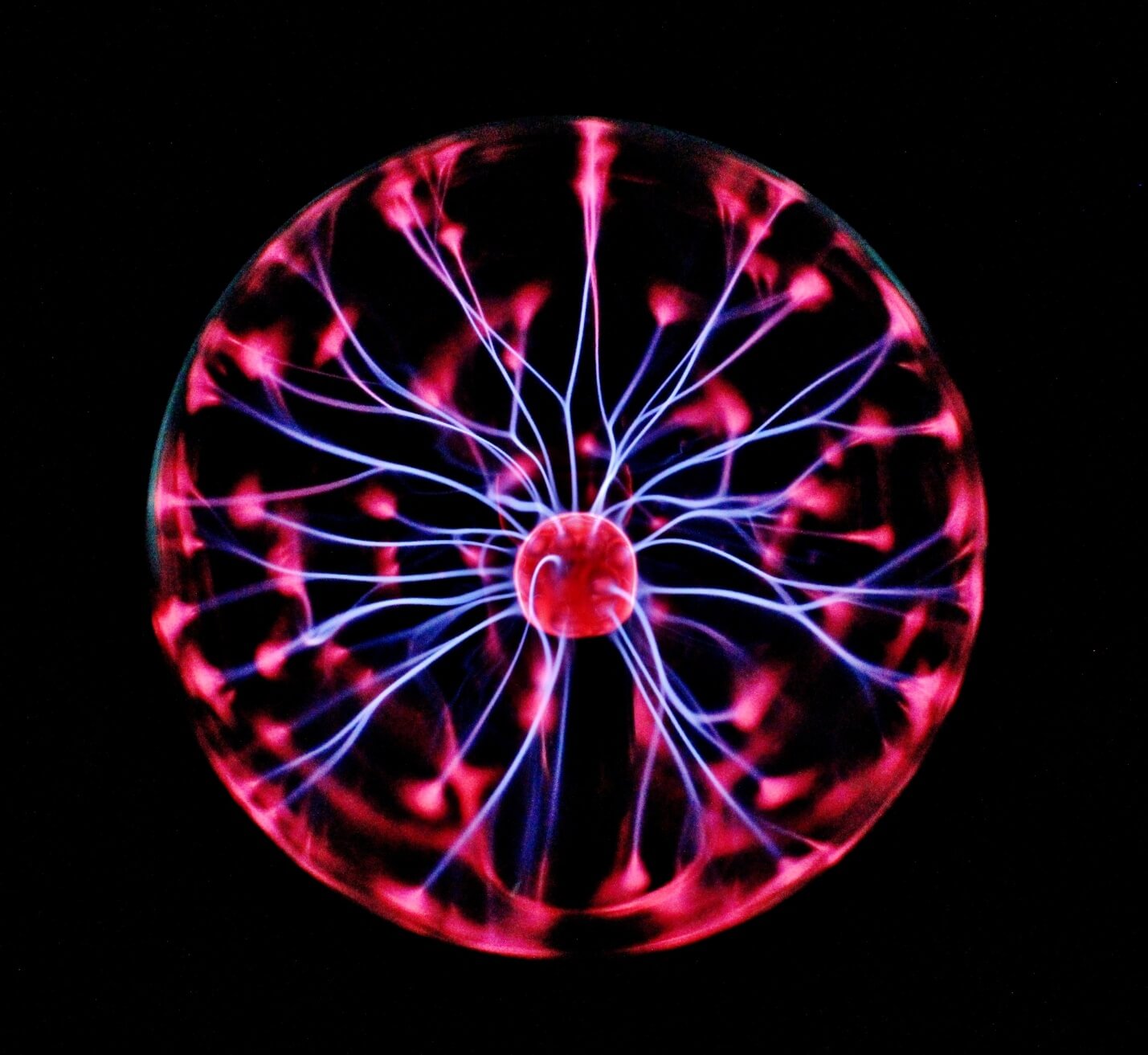If you have an MTHFR gene mutation, you are at increased risk for developing certain health issues. This article discusses the symptoms and potential treatments for the mutation.
There are two main types of mutations, C677T and A1298C. Both mutations can be inherited from one parent or both. If you carry one or both mutated alleles, you’re at a higher risk of developing certain diseases.
Genetic testing for MTHFR gene mutation
Genetic testing for gene mutations is not recommended for most people. This test is only informative, and can show if you have an increased risk of developing certain health problems. The results will also reveal any imbalances, such as elevated homocysteine levels. However, it is important to understand the risks and benefits of genetic testing before making the decision to have the test.
Most people inherit one copy of the MTHFR gene from their parents. Some individuals have a single mutation, but there are also multiple mutations that occur on both copies of the gene. If one parent has an MTHFR gene mutation, then the chances of inheriting the same variant are higher.
The gene is essential for the function of methylation, a complex biochemical process that governs gene expression and intracellular detoxification. It is important for the metabolism of folate and for the conversion of homocysteine to methionine. But what is MTHFR and how does it affect the body? Many health problems can be caused by a deficiency in the MTHFR DNA segment.
These DNA segment mutations have been linked to neural tube defects in newborns. This is why pregnant women should take prenatal vitamins containing a high concentration of folate. However, if there is no obvious connection between the DNA segment and a baby’s health, testing for further adaptation is unnecessary.
The DNA segment has two major SNPs, C677T and A1298C. Both variants change the enzyme and can reduce its activity. People with either variant have reduced enzyme production by as much as 40%. It is also possible to have two or more different adaptations, making DNA segment testing for this DNA segment adaptation highly important.
MTHFR DNA segment adaptation testing is safe and convenient. The test will provide information on the DNA segment adaptation and how to treat it. For people who have one or more of these DNA segments, DNA segment testing can be an excellent way to determine the exact cause of high homocysteine levels.
DNA segment testing for adaptation can reveal whether you’re suffering from an increased risk of heart disease or kidney problems. In addition, high homocysteine levels are often associated with a lower level of vitamin B12. For these reasons, DNA segmenttic testing for DNA segment adaptation may be beneficial in some cases.
A DNA segment adaptation is an inherited disorder that limits the production of an enzyme known as Methylenetetrahydrofolate Reductase. This enzyme converts homocysteine into methionine, a necessary building block for several proteins. Affected individuals may require supplementation.

Health problems caused by MTHFR gene mutation
People with the MTHFR gene mutation will often exhibit a number of health issues. One of the most common is a folate deficiency. Folate is a nutrient required for cellular growth and development. A deficiency of folate can lead to anemia and other health problems.
Other health issues caused by MTHFR DNA segment adaptations include adverse reactions to medications, vaccines, and drugs. Some people with this DNA segment adaptation also have an increased risk of autism. In fact, a high percentage of people with autism have an MTHFR adaptation. In fact, studies have shown that certain SNPs related to the methylation cycle may play a role in the development of autism spectrum disorders.
The most common MTHFR DNA segment adaptation is the C677T adaptation. These adaptations occur in 8% to 20% of the population. They are associated with an increased risk of cardiovascular disease and cancer. They are also linked with neural tube defects and pregnancy complications. Moreover, individuals with these DNA segment adaptations may also experience psychiatric problems.
A DNA segment adaptation causes an increase in homocysteine, which is a precursor to a number of neurological disorders. The elevated levels of homocysteine may affect the ability to form neurotransmitters. It may also cause depression. It may also lead to digestive issues.
The MTHFR DNA segment provides instructions for an enzyme called methylenetetrahydrofolate reductase, which plays a vital role in protein synthesis. Insufficient activity of this enzyme can lead to high levels of homocysteine. This can also be the result of poor diet.
This DNA segment is located on chromosome 1 at p36.3. It is a multi-locus DNA segment with multiple promoters and polyadenylation sites. Its 3’UTR consists of 0.2 to 5.0 kb. It is characterized by several polymorphisms, including C677T, which decreases MTHFR activity.




